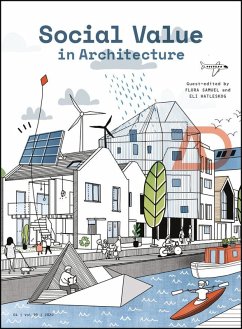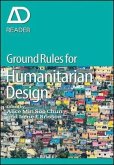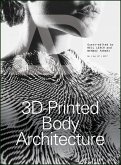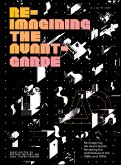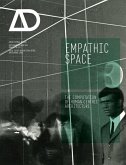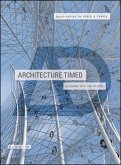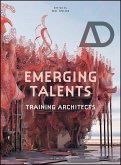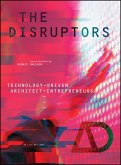This groundbreaking edition of AD brings together a range of global expertise on social value, exploring its potential for demonstrating the positive impact of both architecture and architects on homes and communities in terms of social justice, sustainability and wellbeing. There has been a recent groundswell of interest in the mapping and measuring of social value caused by developments in legislation and planning, as well as a revival of interest in the ethical dimensions of architectural practice. Not only do architects promote wellbeing through the development of carefully conceived and appropriate designs, they can also add social value through the processes of consultation, visioning, briefing, co-design, co-creation, user manuals, soft landings (helping people to make the most of their buildings in use) and post-occupancy evaluation. These are, however, poorly recognised aspects of an architect's role. We live in an audit culture where organisational performance is measured against predetermined targets. Unfortunately, the focus of architectural practice is generally on the financial cost of what it does in the short term rather than its long-term social value, arguably its market niche. This AD posits that the mapping and measuring of social value provides a real opportunity for the architectural profession to make its key contribution heard. Contributors: Nabeela Ahmed and Ayona Datta, Nicola Bacon and Paul Goodship, Irena Bauman, Cristina Garduno Freeman, Mat Hinds, Anthony Hoete, Karen Kubey, Mhairi McVicar, Aoibheann Ní Mhearáin and Tara Kennedy, Jenni Montgomery, Edward Ng and Li Wan, Doina Petrescu, and Peter Andreas Sattrup Featured architects: Atelier d'Architecture Autogérée (AAA), Barton Willmore, Bauman Lyons Architects, Jateen Ladd, John McLaughlin Architects, and Taylor and Hinds Architects
Dieser Download kann aus rechtlichen Gründen nur mit Rechnungsadresse in A, B, BG, CY, CZ, D, DK, EW, E, FIN, F, GR, HR, H, IRL, I, LT, L, LR, M, NL, PL, P, R, S, SLO, SK ausgeliefert werden.

